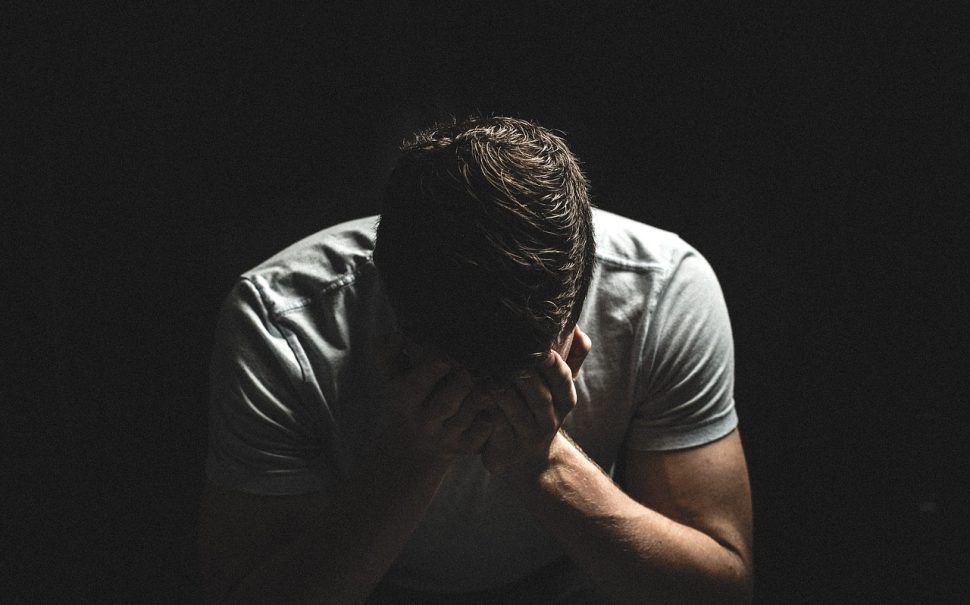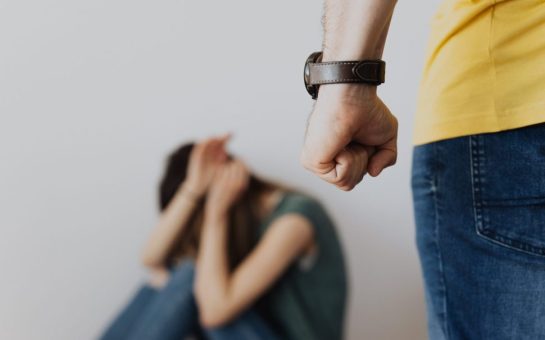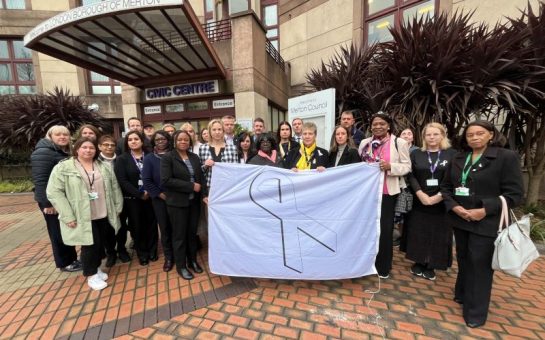London has no refuges or safe houses for male domestic abuse victims, new data from a male domestic abuse charity has shown.
The data from Mankind Initiative, shows that whilst England and Wales, as of March 2023, has 45 male accommodation provisions, none of these were in the capital.
Under Part 4 of the Domestic Abuse Act of 2021, the Mayor of London has a duty to support survivors of domestic abuse and their children by providing safe accommodation, however, the data raises questions about whether Sadiq Khan is meeting his legal duties.
Mark Brooks, chair of Mankind Initiative, said: “There are lots of housing options for male victims of domestic abuse across the UK, bar it seems in London.
“Whilst the majority of men won’t necessarily need housing support, we do know of some men who have had to leave London to receive safe housing support when fleeing from domestic abuse, which is so damaging.”
As of March 2023, more than 750,000 men in the UK experienced domestic abuse, with 25% of domestic crimes recorded by the police committed against men, according to data by both the Office for National Statistics (ONS) and Mankind Initiative.
Domestic abuse is defined by the UK Government as “Any incident or pattern of incidents of controlling, coercive, or threatening behaviour, violence or abuse between those aged 16 or over who are or have been intimate partners or family members regardless of gender or sexuality.”
Caroline Bernard, a spokesperson for Respect, a charity which runs a male domestic abuse helpline, spoke of how up to a quarter of their calls come from London alone.
She said: “Everyone should have access to the support they need to rebuild their lives, with a roof over your head crucial for survivors to help move their lives forward.
“People often assume that anyone experiencing domestic abuse can just get up and leave, but so many are dependent on their partners, so we need there to be housing in place so that men know they can leave and will have somewhere safe to go.”
Housing support can be life-changing, as one male survivor of domestic abuse, who has requested to be made anonymous, explained.
He said: “My experience of domestic abuse at the hands of my ex-partner was absolutely horrendous, and I genuinely never thought it would happen to me.
“Initially I did not think I would be believed, but when I finally reached out for help and I then got placed into a refuge my life truly began to change for the better and I was safe.
“The fact that simply is not an option for men in London is absolutely outrageous and will surely be further fuelling the misconception that men don’t experience domestic abuse or need support in all forms, including housing.”
According to ONS data, London recorded one of the lowest rates of male domestic abuse crimes in 2023 at 1.7%, just above the East of England at 1.5%.
The highest numbers of male domestic abuse were recorded in the East Midlands at 5.0% and the South West of England at 4.8%.
However, per every 100,000 male victims of domestic abuse, whilst London provided 0 refuges or safe houses for victims, the East of England provided 4.2, whilst the East Midlands provided 4.9 and the South West provided 5.
Alongside a lack of housing support, the data also showed that London also has no support groups or recovery programmes for male domestic abuse victims, compared to 41 across England and Wales.
The number of organisations in London offering support services also decreased from 31 in 2019 to 28 in 2023, representing the only decrease across all of the regions surveyed.
Brooks also spoke of how significant stigma or a fear of not being believed often prevents male victims from disclosing their abuse.
He said: “There continues to be a barrier for male victims in thinking or feeling that they would not be recognised or taken seriously if they did come forward.
“The emphasis needs to be on the Metropolitan Police and the London Mayor to run specific campaigns to not only advertise what support is available but also reinforce that when men do come forward they will be taken seriously.”
Channel 5’s recent release of ‘My Wife, My Abuser: The Secret Footage’ sought to shed light on the prevalence of male domestic abuse, documenting the story of Richard Spencer who was subjected to 20 years of abuse by his wife.
However, for Bernard, whilst the media helps to raise necessary awareness of male domestic abuse, the internalised stigma still remains for so many.
She said: “There needs to be a wider conversation about the fact that anybody can experience domestic abuse.
“We need a balanced approach to the issue by acknowledging both the victims of domestic abuse and perpetrators, as domestic abuse takes many forms and can only be ended by looking at its perpetration.”
Anyone concerned about their own behaviour can contact Respect’s helpline on 0808 8024040 or via email at [email protected].
Men who suspect they may be victims of abuse can contact the NHS’ Men’s Advice Line on 0808 8010 327 or visit www.mensadviceline.org.uk.
They can also call Mankind on 0182 3334 244 or Respect’s male helpline on 0808 8010327.
The Mayor of London’s office were reached out to for comment.
Featured Image Credit: StockSnap for Pixabay





